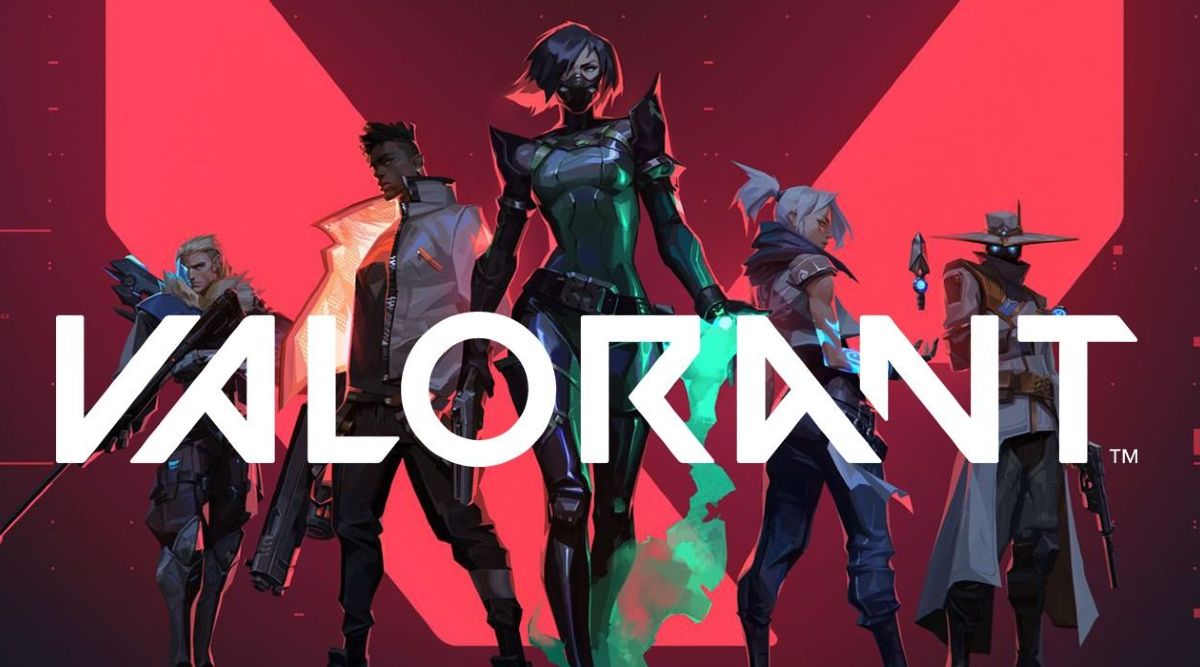 Check out how Valorant Mobile will work and how it will be different from battle royale games. (Image Source: Riot Games)
Check out how Valorant Mobile will work and how it will be different from battle royale games. (Image Source: Riot Games) Valorant has been one of the most popular tactical shooter games of all time, quickly rising to popularity after its launch back in June 2020. The game is today a popular title for shooting game enthusiasts as well as a major eSports competitive title. Now developer Riot Games has suggested that Valorant could soon be coming to the mobile platform.
The developer announced the same earlier this month on the game’s one-year anniversary. However, Valorant Mobile is set to be very different from battle royale games on mobiles like PUBG Mobile, Call of Duty Mobile or Fortnite. For those of you that don’t know about the game, here’s what Valorant is about, and how it will differ from titles like PUBG Mobile and Call of Duty Mobile.
Valorant: What is the game about?
Valorant is a tactical shooting game that sets matches between ten players split into two teams of five players each. The game is similar to the classic shooting game Counter-Strike in its basic form, where one team is tasked with bombing a location (the bomb site) while another team has to stop the first team from reaching their goal.
Apart from planting or diffusing the bomb, each team can also win the round by killing all the members of the opposite team. Players also start with basic weapons and have an in-match economy system where kills at the end of each round earn them temporary currency that they can spend on more powerful weapons and tactical equipment.
If that premise seems too similar to Counter-Strike: Global Offensive, that’s because it is. The game’s maps were also co-designed by CS: GO map designer Salvatore Garozzo. However, here’s what makes Valorant different from Counter-Strike, or pretty much any other title.
Valorant’s ‘Agents’ and their abilities
Instead of controlling a SWAT/SEAL team or a team of terrorists, like in Counter-Strike, Valorant players control beings called Agents. Each player can choose their agent before a match begins and must play with him/her. Various agents in the game have various different powers and abilities. These can be either offensive, defensive, or tactical abilities that are unique to each agent.
Players must use a combination of their shooting skills as well as superpower-like abilities to best the opposite team to complete the task at hand and win. Playable Agents include offensive ‘Duelists’ like Jett, Phoenix, Reyna, Raze, and Yoru. Then there are Sage, Cypher, and Killjoy, the ‘Sentinels’ who specialise in defensive tactics like locking down a particular area of the field and protecting teammates.
Meanwhile, ‘Initiators’ are offensive pushers that deal with breaking through defensive enemy positions. This class include agents Skye, Sova, and Breach. Finally, ‘Controllers’ specialise in setting up their team for success by controlling sightlines on the map. This class of agents include Viper, Brimstone, Omen and Astra.
In the game’s default unranked mode, both teams face each other in a match spanning 25-rounds, where the first team to win 13 rounds wins the match. However, there are a number of other game modes like Spike Rush, Deathmatch, Escalation and more, where the rules differ slightly.
How the game is different from PUBG Mobile, Call of Duty Mobile and other battle royale titles
Valorant is not a battle royale game. It is a team-tactical shooter. Instead of being dropped on an island left to fend for their own weapons, players will spawn once per round on opposite ends of a map, beginning the game with a basic weapon.
Progress is made by completing the team’s objectives or killing all players on the opposite team in each round. Unlike PUBG or Call of Duty Mobile’s battle royale mode, there is no large island or constantly shrinking play zone.
The team that wins across the multiple rounds, wins the match. If you get killed in a round, the game doesn’t end for you and you still spawn in the next round, unlike battle royale games, where once you get killed, the match is either over, or the player must spectate his/her teammates for the rest of the match.
- The Indian Express website has been rated GREEN for its credibility and trustworthiness by Newsguard, a global service that rates news sources for their journalistic standards.

